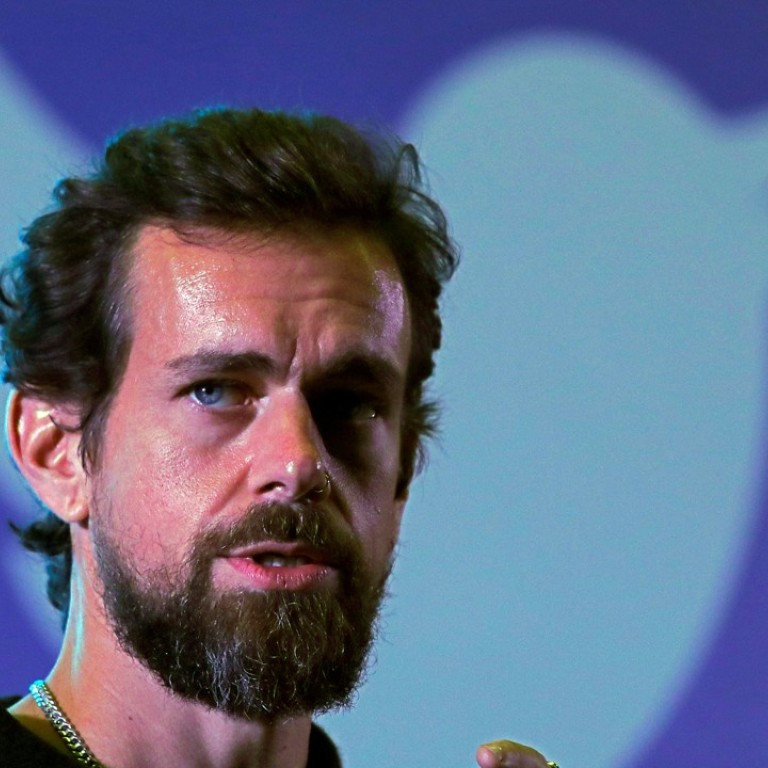
Twitter CEO Jack Dorsey accused of inciting caste hatred after being pictured with a controversial poster during his India visit
- Dorsey was photographed alongside six women holding a poster declaring ‘smash Brahminical patriarchy’
- The reference to Brahmins, the traditional priestly class who sit atop the country’s rigid caste hierarchy, outraged some Hindus
Dorsey was snapped holding the offending poster alongside six women who took part in a discussion last week on the role of Twitter in India, where caste is a flashpoint issue and grievances can turn violent.
The reference to Brahmins, the traditional priestly class who sit atop the rigid caste hierarchy, outraged some Hindus when the photograph was posted online on Sunday evening.
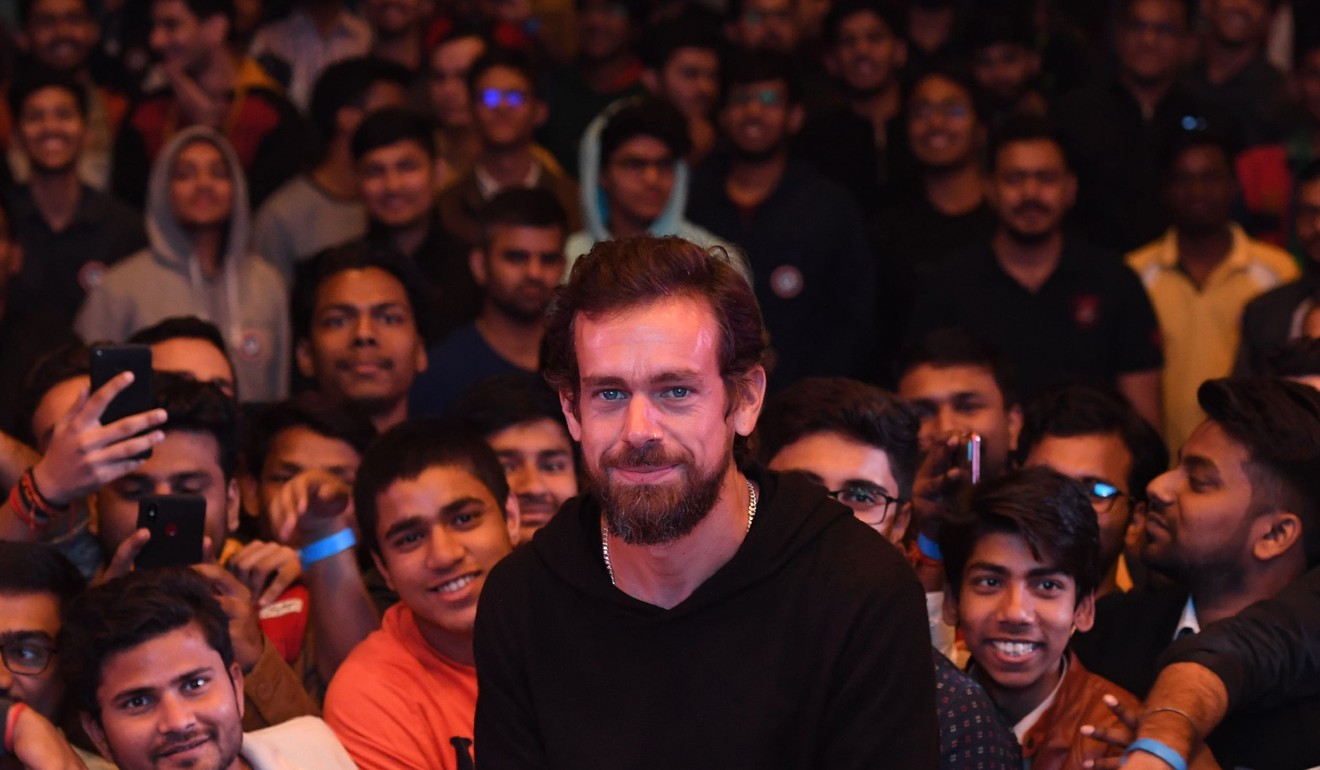
“Do you realise that this picture has potential of causing communal riots at a time when several states are going to assembly elections in India,” tweeted Indian police officer Sandeep Mittal.
Do you realise that this picture has potential of causing communal riots
“Even now an apology is not offered. Actually it’s a fit case for registration of a criminal case for attempt to destabilise the nation.”
Twitter defended Dorsey in comments posted on its official India page on Monday, saying a low-caste activist had “shared her personal experiences and gifted a poster to Jack”.
“It is not a statement from Twitter or our CEO, but a tangible reflection of our company’s efforts to see, hear, and understand all sides of important public conversations that happen on our service around the world,” the company said.
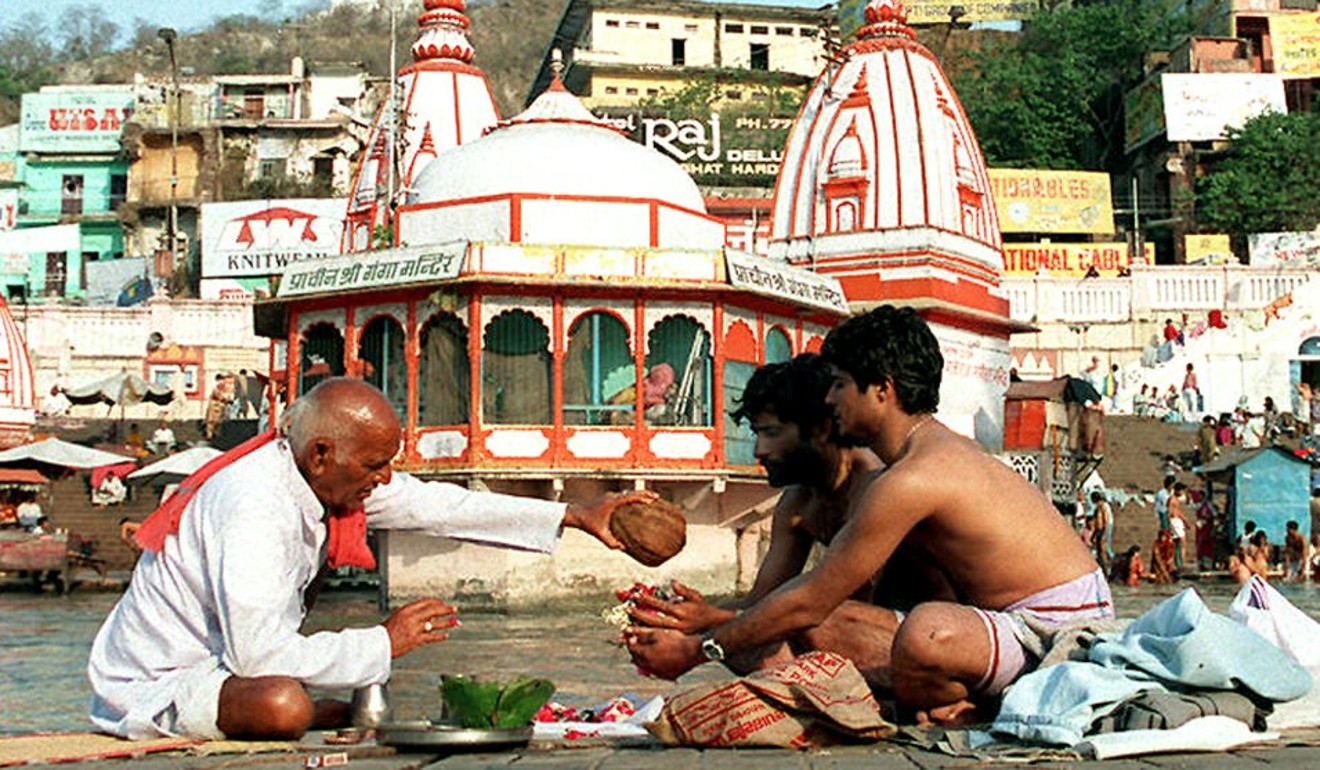
Another user, tweeting under the name Prassant DeshPehle, wrote: “Shame on you @jack. Hate against any community or group should be condemned. Spewing hate on one to please the other isn’t right.”
Caste (discrimination) and sexism are real and virulent in modern India
But others praised the Twitter chief for touching on the plight of marginalised, low-caste Dalit communities and women in India, a conservative country of 1.25 billion.
“Dalit lynching and oppression, incidents of which we read about every other day, do not cause as much Twitter outrage as Jack Dorsey holding up a placard saying ‘End Brahmin Patriarchy’,” wrote user Ranjona Banerji.
South Asian historian Audrey Truschke said: “My Twitter feed is full of elite men hyperventilating about Twitter CEO @jack holding a sign that calls out sex-based & caste-based discrimination in India.”
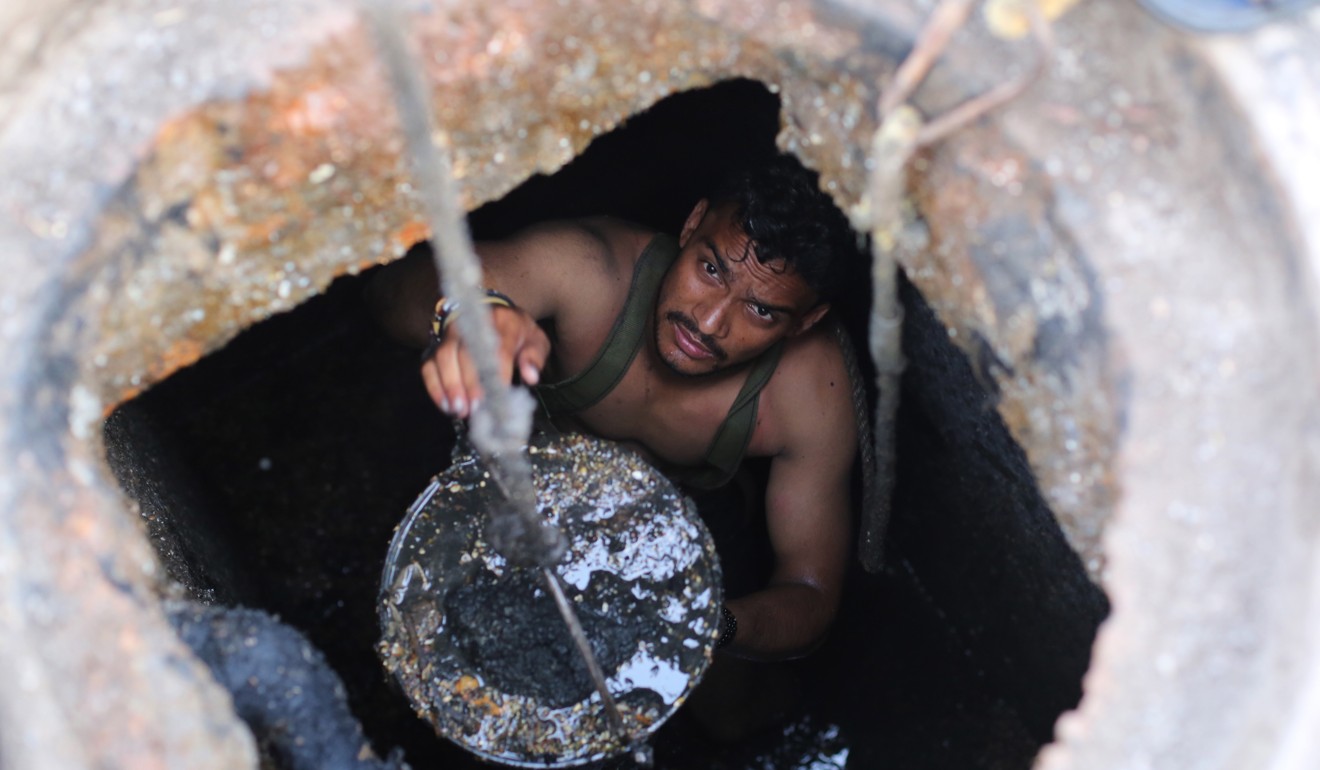
“Caste (discrimination) and sexism are real and virulent in modern India. If you want to be angry about something, let it be that reality.”
Indian charity launches new cleaning machine in a bid to end country’s sewer death shame
Caste politics can explode into violence in India, where a centuries-old hierarchy has divided Hindus into classes starting with Brahmins and ending with the Dalits – formerly known as “untouchables”.
Although the system has been officially abolished, it still prevails in rural areas and determines where people live, who they marry and what type of work they do.
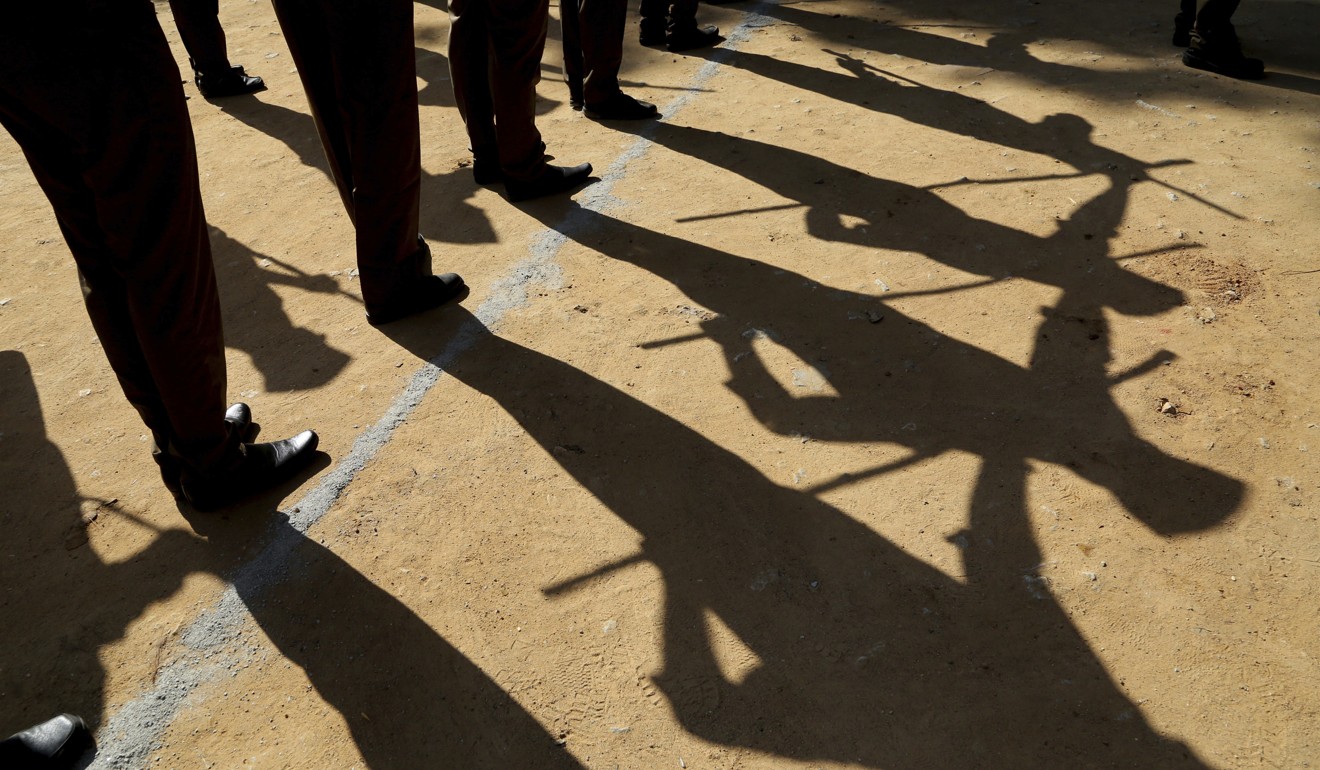

.png?itok=arIb17P0)